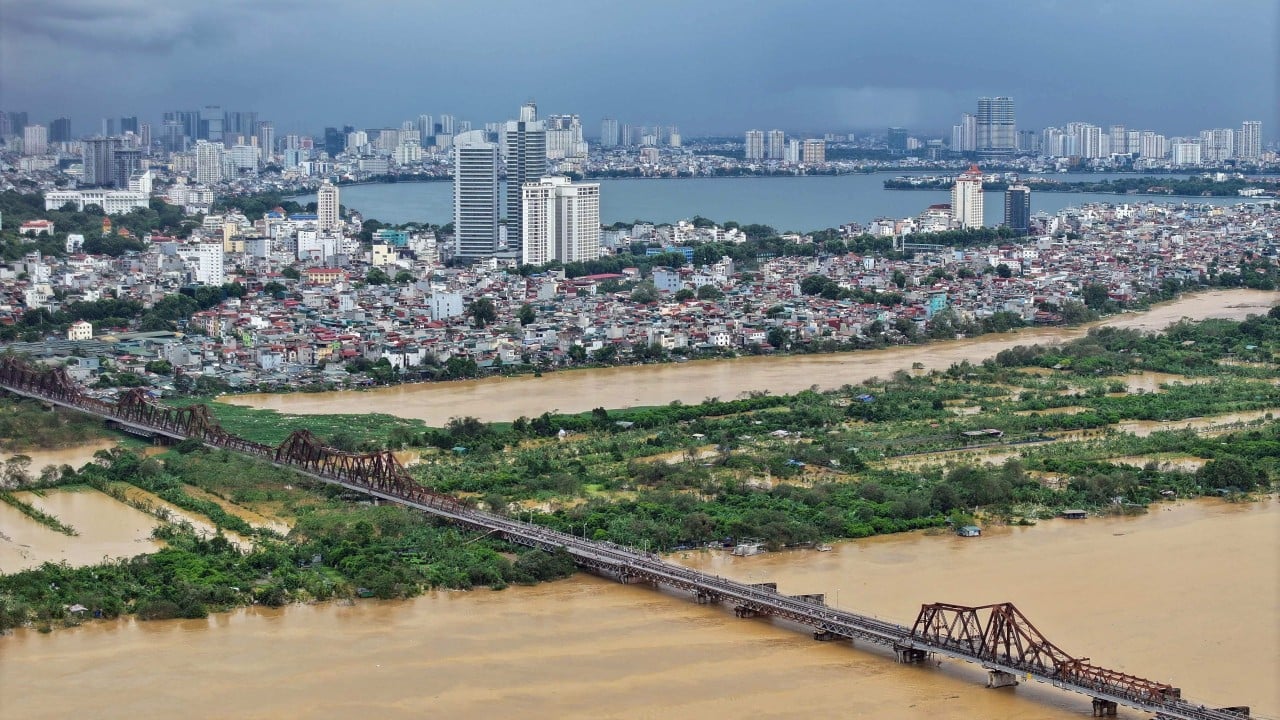Published: 7:22pm, 12 Nov 2024Updated: 7:30pm, 12 Nov 2024
Southeast Asia’s path to securing climate financing to address extreme weather impacts and ease the region’s clean energy transition appears fraught with challenges, including a persistent reliance on fossil fuels and new uncertainties around the United States’ climate commitments.
Advertisement
This year’s edition of the annual UN climate summit – taking place until November 22 in Baku, Azerbaijan – is being described as the “Finance COP” due to its focus on securing new financing for the countries that are most vulnerable to climate change to mitigate the impact of natural disasters while supporting renewable energies.
The Asia-Pacific region has faced an unrelenting series of climate-related disasters this year. The devastation caused by Super Typhoon Yagi alone disrupted the lives of more than 20 million people in Vietnam, the Philippines, Laos, Thailand and Myanmar.
Gerry Avance, executive director at the Philippines-based Center for Energy, Ecology and Development, on Monday told a conference on the sidelines of Cop29 that the climate-related disasters that had roiled Southeast Asia demonstrated the urgent need to fund a clean energy transition.
However, he said many financial institutions in Japan and Europe had not paid heed and were bankrolling fossil fuels projects, despite that contradicting a pledge made by world leaders to phase out fossil fuels at last year’s Cop28 summit in Dubai.
Advertisement
“It is very important that Cop29 reiterates the Cop28 pledge for phasing out fossil fuels and tripling renewable energy, which means finance has to be mobilised [accordingly],” Avance said.

